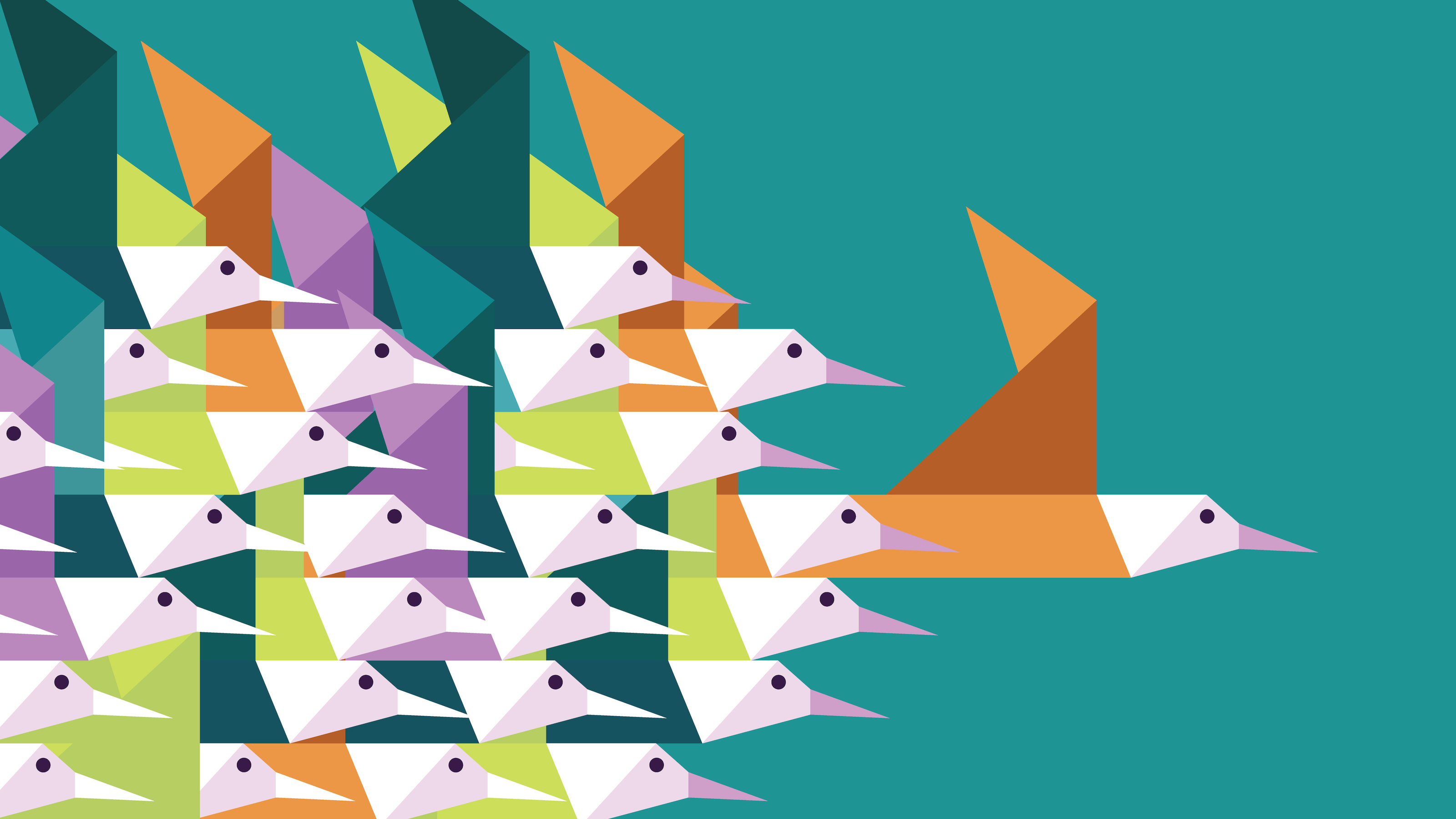Sleep is hardly a period of inactivity for the brain. During a normal night’s sleep, the brain cycles through various stages including REM sleep, during which the brain is just as active as when it is awake.
Question: What happens in our brains while we sleep?
Shelby Harris: So when you go to sleep at night, if you’re someone who hasn’t had any sleep deprivation, you have a very normal sleep pattern, what we tend to see is that, in adults, they go to bed and they start off by going into the deeper stages sleep. So the deeper stages of sleep are really those times of quiescence, you’re really restoring your body and we have a few different stages of sleep. So you have Sleep Stage One, Two, and then Three/Four. One is a little bit lighter stage of the quiet, non-REM sleep and then Three/Four is really deep, deep sleep. And what you want is, you actually want a number of – you want to go through all of these stages throughout the night. So people only focus on getting the really deep sleep, but in reality, we spend almost 60% of the night in the stage two sleep.
So we go through in the beginning of the night, we go into the really deep stages of sleep and we actually cycle through. So, when you go down to the deep stage, then you go back up and you actually come into something called REM sleep, which is after about 90 minutes. So when you’re in REM sleep, your brain is very active, our body is quiet, but your brain is really processing a lot of things, a lot of emotions; we dream the most in REM sleep. And then you go back down in the deep stages, and so on and so forth. And you cycle throughout so that you do about five to six cycles throughout the night. And we spend more time in REM later on in the night than we do earlier on.
That’s why people tend to remember their dreams in the morning a little bit better and if earlier in the night, when you’re in a lot of deep sleep, if someone wakes you, or the phone rings or something, you’re really confused. Really if it’s an hour or two after you’ve fallen asleep because you’re in such a deep sleep at that point.
Question: Why do we need to sleep?
Shelby Harris: Well sleep tends – we actually don’t know the function of sleep all that well yet, but sleep is a time of quiescence in the brain. When you’re in the more deeper stages of sleep – REM sleep, your body is quiet, but your mind is actually very active. So it’s a time when your body and your brain is restoring itself. It’s repairing any cell damage that happened during the day, it’s really repairing, like I said, repairing your body, but also helps with digestion, helps with memory. It has a lot of things that it’s doing while you are asleep.
Question: What happens to the brain when it doesn’t get sleep?
Shelby Harris: So, sleep deprivation, and sometimes an insomnia, which is a little bit of a different form, but just getting a lack of sleep, can lead to a number of different decrements. So, decrements in attention and concentration, being able to learn more efficiently, that’s just not as good. Also, there are motor vehicle accidents, workplace accidents, we see that a lot. Workplace accidents with people who are sleep deprived or people who work shifts and they don’t get the right amount of sleep during the day or at night.
And also, there’s a new line of research showing that people who don’t get enough sleep, they’re body doesn’t metabolize as well. And so they actually – it leads to weight gain. So if you’re not getting enough sleep, you might have difficulty losing weight.





